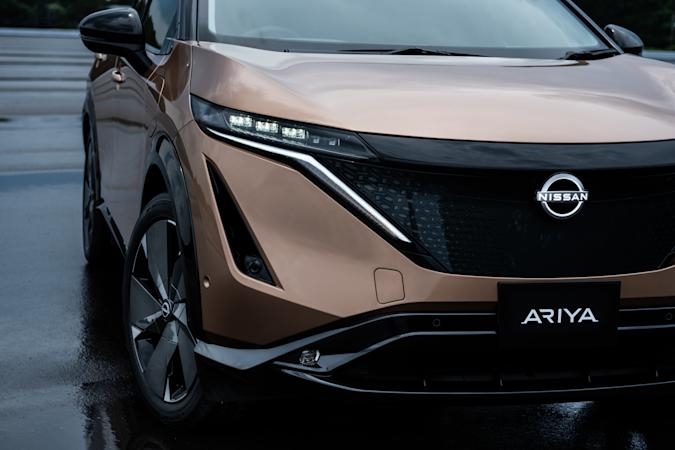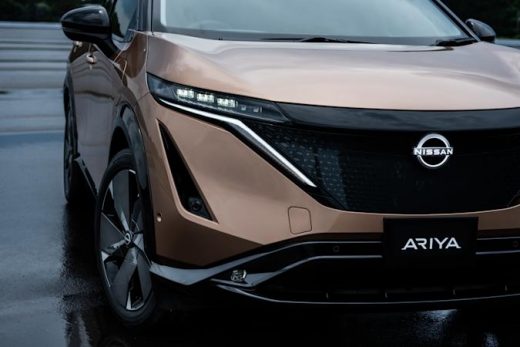Nissan’s next-gen Ariya EV has been delayed in the US until early 2022
Nissan’s next-gen Ariya EV has been delayed in the US until early 2022
The coronavirus pandemic and global chip shortage are to blame.


Nissan’s next-gen Ariya EV was set to arrive in the US and Europe by the end of this year, but the company is now saying that those dates will be pushed back. “We have delayed the start of sales of Ariya, which will now be available in the U.S. starting in 2022 with reservations beginning later this year,” a company spokesperson told Green Car Reports in a statement.
The reason cited for the delay is the impact of the coronavirus pandemic and a global chip shortage that has hit automakers particularly hard. “Nissan is facing various industry challenges, including the semiconductor shortage. Our priority is to ensure that we deliver the all-new, all-electric Nissan Ariya to customers with the highest level of quality and care,” the company said.
Sales in Japan have also been pushed back from mid-2021 to “this winter,” with sales to follow in Europe and the US about two months later, according to executive vice president Asako Hoshino. She added that demand could be highest in Europe when it first arrives, with overall sales expected to be in the tens of thousands during the first year, Autoblog reported.
The Ariya is Nissan’s first new EV in a decade and has a markedly futuristic look compared to the Nissan Leaf. It will come in single motor FWD (215 HP) and dual-motor “e-4ORCE” AWD (389 HP) versions. There’s also two different battery options, with an 63kWh battery and an optional 87kWh battery — in the single-motor, 2WD version it should be capable of up to 300 miles of range on a charge.
The US version is expected to start at around $40,000 with the 63kWh battery, which could drop to as little as $34,000 with the $7,500 federal EV tax credit. In France, buyers could get up to €12,000 ($13,100) off with a €7,000 tax credit and €5,000 credit for trading in an older diesel car.
(33)


